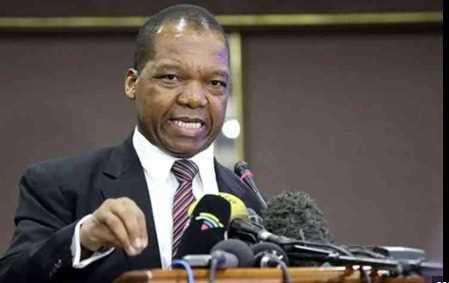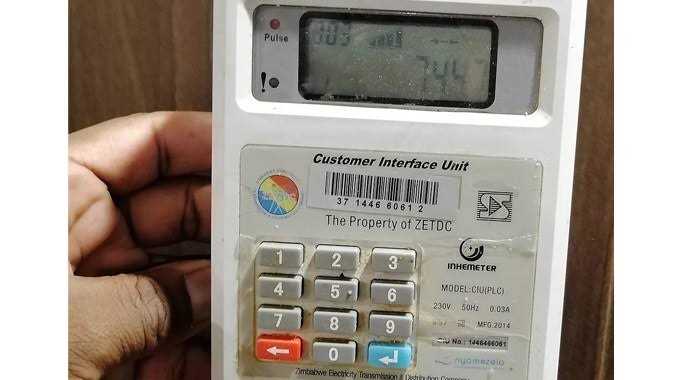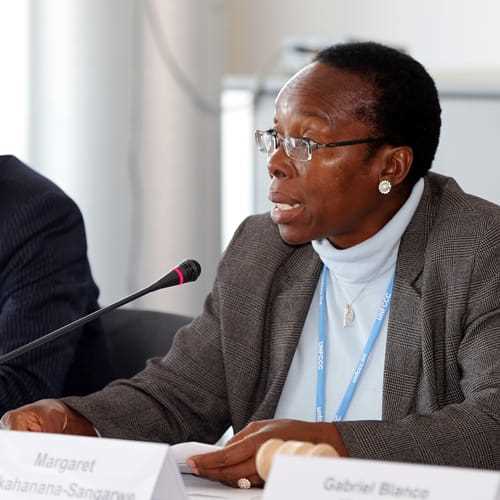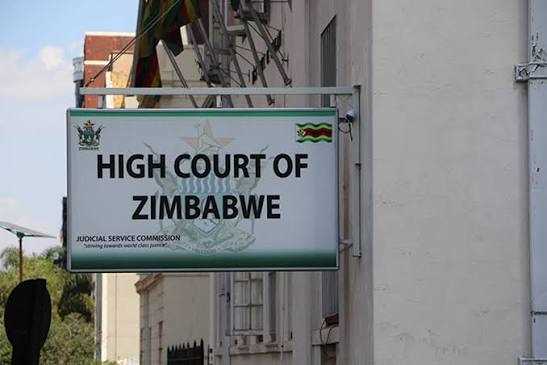
Nyashadzashe Ndoro- Chief Reporter
The Mutapa Investment Fund has defended the US$1.9 billion transaction used to acquire a 35% stake in Kuvimba Mining House, amid growing public scrutiny over the fund’s transparency and Zimbabwe’s ballooning national debt.
In a statement issued Friday, MIF Chief Executive Officer John Mangudya addressed what he described as “misinformation” circulating on social media regarding the acquisition. The fund clarified that the US$1.9 billion used for the 35% KMH stake was in the form of Treasury Bills with a tenure of up to 10 years. These TBs, issued by the government as a loan to MIF, have not yet matured and therefore did not require any immediate cash payment. The loan has a 10-year repayment period with a three-year grace period.
Following the acquisition, the government increased its total shareholding in KMH to 100%, distributed among various entities under the MIF umbrella. These include MIF itself (63%), Datvest Nominees (12.5%), the Insurance and Pensions Commission (5%), the National Venture Company (7.5% allocated to war veterans, women, and youth), the Deposit Protection Corporation (5%), and the Public Service Commission (7%).
According to the MIF, a valuation of KMH conducted by two independent advisory firms as of October 31, 2023, yielded a median value of US$3.2 billion—driven primarily by the increasing value of platinum, gold, and lithium at Sandawana Mines. Based on this valuation, the 35% stake acquired was worth US$1.1 billion, which the MIF claims is equivalent to the future value of the US$1.9 billion TBs at a 40% discount rate. The fund argued that the acquisition clarified KMH’s share register and strengthened the government’s position.
To mitigate the fiscal risk of the loan, the MIF said it plans to settle the debt during the grace period through various structures ring-fenced around KMH’s assets. These may include joint ventures and increased mineral production—particularly gold—capitalizing on high international prices. The ultimate goal is to facilitate a share buyback, leading to the cancellation of the acquired shares.
Related Stories
However, the explanation comes amid growing concerns about the overall transparency and accountability of the MIF, as highlighted in a recent ZimNow report. The fund, formerly the Sovereign Wealth Fund, was restructured in 2023 under Statutory Instrument 156, consolidating the government's shareholdings across a vast range of state-owned enterprises and key sectors.
The report criticizes the government for failing to publicly disclose the initial valuations of the assets now under MIF management, raising questions about how national assets are being handled. This lack of clarity has been further complicated by inconsistencies in asset valuations and legal amendments that have reduced parliamentary oversight.
Notably, Zim Now’s report highlights a separate transaction in April 2024, in which MIF reportedly acquired the remaining shares of KMH for US$1.6 billion—also using TBs. The two KMH deals, totaling US$3.5 billion, have fueled scrutiny of the MIF’s reported US$16 billion total asset valuation. Critics question the prudence of such a significant investment in a single entity, calling the basis and accuracy of the broader valuation into doubt.
During a recent parliamentary session, Senator Moses Manyengavana demanded clarity on the fund’s initial financial position and its current value, emphasizing the public’s right to know. Justice Minister Ziyambi Ziyambi, representing the government, said the MIF is currently quantifying the value of the companies under its purview through internal audits. He suggested that information on individual companies was previously available and that a consolidated valuation could be assembled. However, critics argue that his response failed to provide the unified figure sought by the public and Parliament.
Adding to transparency concerns are provisions in SI 156/2023 that grant President Emmerson Mnangagwa significant authority in appointing MIF leadership and remove the requirement for the board to present quarterly reports to Parliament. Reports are now submitted only to the President and the Minister of Finance, effectively limiting public and parliamentary scrutiny. The MIF also enjoys unrestricted rights to transfer and externalize foreign currency related to its investments, exempt from Zimbabwe’s exchange control laws.
Zim Now’s report further links the MIF’s recapitalization—including the two KMH transactions totaling US$3.5 billion—to the sharp rise in Zimbabwe’s public debt, which reportedly increased from US$17 billion in December 2023 to over US$21 billion.




















Leave Comments